TikTok Navigates Turbulent Waters in the US as Players Diversify Platforms to Mitigate Risks
![]() 01/24 2025
01/24 2025
![]() 707
707
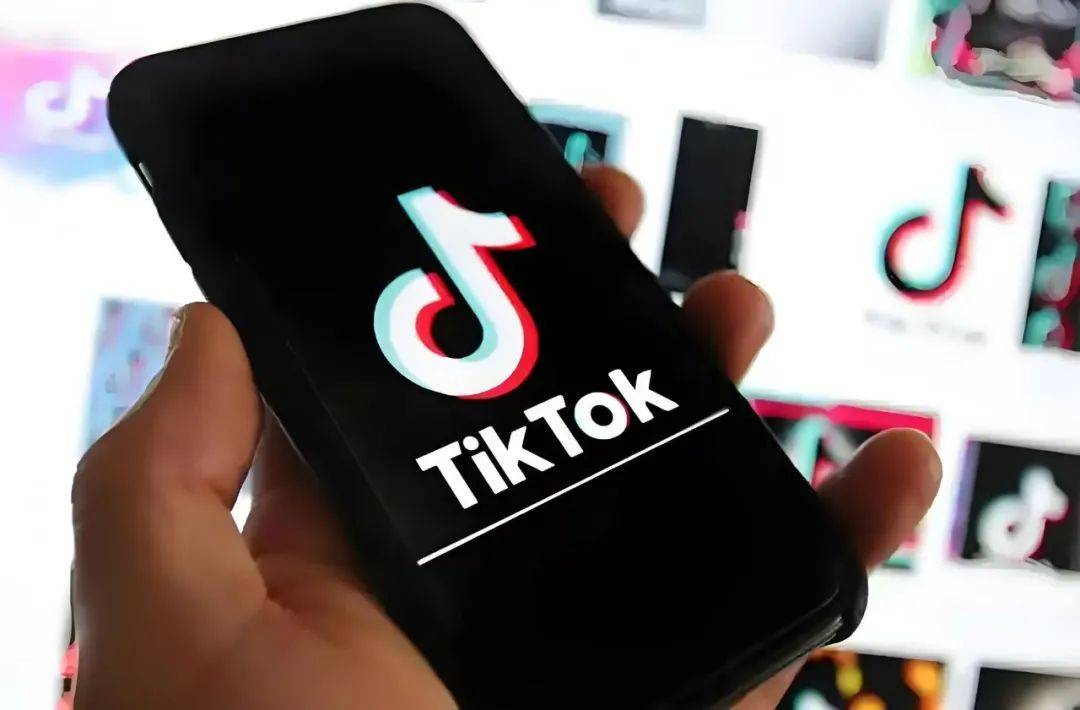
The lucrative and expansive TikTok market in the US remains a focal point, but diversifying platforms to hedge risks has become a unified strategy.
By Guo Xiaomiao
Edited by Wan Tiannan
TikTok's future in the US has embarked on a new chapter.
On January 22, Bill Ford, CEO of General Atlantic, revealed that the Chinese and American governments, the company, and its board of directors would continue negotiations to find a feasible solution for TikTok beyond asset divestiture. These negotiations could conclude as early as this week.
General Atlantic is a major investor in TikTok's Chinese parent company, ByteDance, and Ford serves on ByteDance's board of directors.
These negotiations stem from President Trump's statement on January 20, expressing a desire for TikTok to form a joint venture with the US, with the US holding a 50% stake. On January 21, Trump formally signed an executive order granting TikTok a 75-day reprieve from the "sell or ban" mandate.
Although external commentary still describes TikTok's fate as "pending" or "a death sentence turned to suspended execution," several TikTok players in the US interviewed by Finance Story Collection generally expressed optimism in response to Trump and Ford's latest statements.
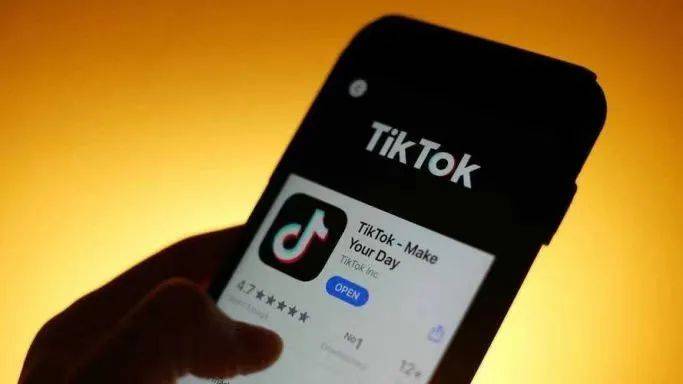
Gu Jun, founder of Newme, a brand that ventured into the TikTok US market in 2020, predicted that the Trump administration's policy towards TikTok would gradually ease.
Tian Ning began dabbling in the TikTok US market in July 2022, acting as a TikTok US shopping influencer and building a live streaming base in Shenzhen. She believes that ultimately, who holds management rights and veto power over TikTok is the most crucial factor.
Nanfeng founded an MCN agency focusing on TikTok's US and UK markets, ranking among the top 15 in business volume in the US market. Nanfeng told Finance Story Collection that she believes Trump only wants the US to benefit from the joint venture and does not intend to shut down TikTok in the US.
However, before January 19, when TikTok's fate in the US market repeatedly swung, many TikTok players overseas felt anxious. "Just give me a quick end, don't torture me like this anymore!" Gu Jun lamented on his WeChat Moments on January 17.
Although they remain optimistic about the future, their risk awareness has also increased significantly. Several TikTok players told Finance Story Collection that they need to diversify across multiple channels and platforms beyond TikTok to mitigate risks - it's always dangerous to put all your eggs in one basket.
After Trump expressed his intention to delay the ban, some TikTok entrepreneurs began to feel more at ease.
In Gu Jun's view, the 75-day reprieve is more like a delaying tactic, giving both sides room to maneuver and negotiate. During Trump's remaining term, TikTok will likely be safe.
According to China Business News, even if ByteDance agrees to sell its shares and reach a joint venture agreement, it will still need to go through processes such as congressional legislation, regulatory negotiations, and approval by the US Foreign Investment Committee, which will take far longer than 75 days. Congress cannot complete amendments to the "sell or ban" bill within 75 days.
Furthermore, under US law, TikTok cannot establish or maintain any business relationship with ByteDance or its related entities, including recommendation algorithms and data sharing. However, separating the underlying code and algorithms is more difficult to achieve than separating equity. Therefore, the Trump administration may also add amendments to ensure TikTok's continued operation in the US.
Nanfeng told Finance Story Collection that as long as the US benefits from the joint venture, many things are negotiable. This is because Trump is a businessman with high flexibility in his political bottom line.
The reason is straightforward.
In 2020, Trump ordered the shutdown of TikTok on national security grounds and signed an executive order requiring a "sell or ban" mandate.
However, during the 2024 US presidential election, Trump, as a presidential candidate, saw a significant shift in his attitude towards TikTok. On the one hand, TikTok could help Trump win votes from young people. Statistics show that about 23.9% of TikTok's monthly active users in the US are aged 18 to 24. On the other hand, saving TikTok became a bargaining chip for Trump to win votes. He once posted, "Americans who want to save TikTok, please vote for Trump!" Therefore, announcing a temporary suspension of the ban after taking office was also Trump fulfilling his campaign promise.
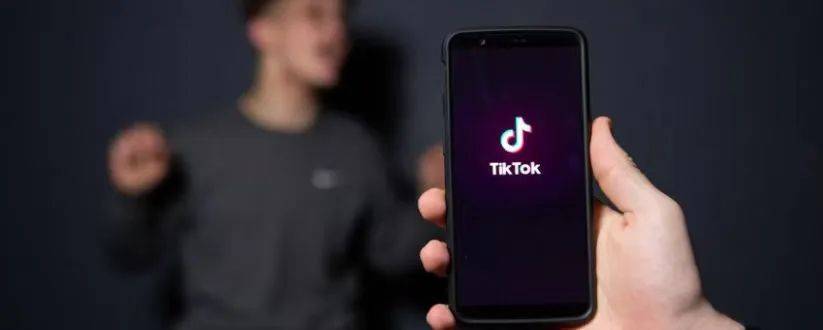
TikTok played a significant role in Trump's campaign.
Trump registered a TikTok account in June 2024 and now has over 14 million followers. After winning the election in December 2024, Trump met with TikTok CEO Shouzi Zhou on December 16 and explicitly showed goodwill towards TikTok, saying, "We will study the matter regarding TikTok. I have a good feeling about TikTok because I won the support of young people in the election by a margin of 34 percentage points. Some people say TikTok played a role in that."
In short, various signs indicate that Trump will save TikTok if it benefits him.
Tian Ning believes that Trump's hope for the US to hold a 50% stake in the joint venture is most likely just "window dressing".
Such situations are not uncommon in the capital market. Take Paytm, known as India's version of Alipay, as an example. Paytm is an Indian company promoting the Indian dream and entrepreneurial stories, but its largest shareholder is Alibaba.
In November 2021, on the eve of Paytm's IPO, the Alibaba group was already its largest external shareholder, with Ant Group holding a 29.6% stake through its offshore equity investment platform, SoftBank Group holding 19.6%, and Alibaba holding 7.2%.
"Many US capital investors also have Chinese investors behind them. The so-called 50% ownership stake for the US in the joint venture - is it the US government, US companies, or American individuals? Trump has not clearly defined this. Ultimately, who has management rights over the company and who holds a veto power is the most crucial factor," Tian Ning believes that TikTok and ByteDance have the ability to handle this matter.
For example, among TikTok's shareholders is SIG, a US investment institution, which has the willingness and ability to help TikTok negotiate with the Trump administration. Capital market insiders told Finance Story Collection that SIG has "contributed significantly" in lobbying the Trump administration, although this rumor has not been confirmed by SIG or TikTok.
In comparison, cross-border e-commerce observer Xu Dingxin takes a wait-and-see attitude towards the 75-day reprieve. He believes that Trump's intention to ban TikTok during his previous term, an idea that had been brewing for four years, and Biden's introduction of the "sell or ban" bill for TikTok after taking office have already set the tone for TikTok's fate in the US. "This is a contest between nations."
In his view, Trump is a businessman who only looks at benefits, so his attitude towards TikTok has always been wavering, constantly changing his bargaining chips and bottom line.
Tariffs have also become a bargaining chip for Trump in deciding TikTok's future fate in the US market. On January 20, he claimed that if China does not sell a 50% stake in TikTok, it should be prepared to endure a trade war. However, from a realistic perspective, it is difficult for the US to completely get rid of the Chinese supply chain. If tariffs are to be increased, it cannot be done abruptly by 60%; it would be a gradual increase of 10% or 20%. Therefore, this is more of a strategy of checks and balances.
In fact, before the 75-day reprieve was announced, TikTok entrepreneurs in the US market went through a very trying period.
Nanfeng used the term "emotional trauma" to describe this series of reversals, saying, "My friends and I share the same feeling of great turbulence."
Nanfeng told Finance Story Collection that just before Black Friday in 2024, she flew to the US to prepare for the big sale and discussed new plans for 2025 with her team.
At that time, Nanfeng and her peers received news that "no company has privileges facing the US Supreme Court's ban. TikTok will definitely be temporarily banned, but it will also be unbanned later. The key question is how long the ban will last - one day, five days, or three months?"
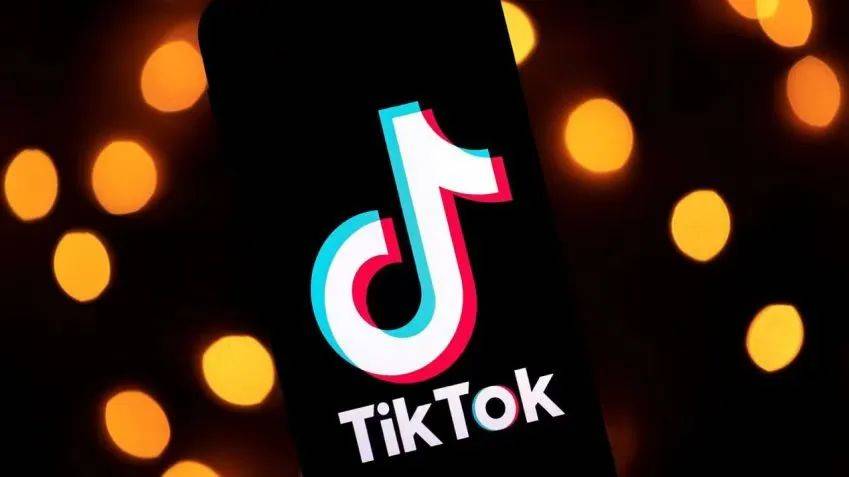
After January 10, the situation gradually intensified, and Nanfeng's optimism waned.
Nanfeng's office in Los Angeles is close to TikTok's Los Angeles headquarters. On one side was the uncertain future of her overseas business, and on the other side were wildfires spreading across Los Angeles. "For a moment, I even felt that the wildfires were not only a natural disaster but also a farewell to TikTok's US market."
On January 11, Nanfeng rushed back to China, hoping to get some "definite" insider information. However, after contacting ByteDance employees in Shenzhen, she did not get a clear answer about TikTok's future prospects, leaving Nanfeng even more uncertain. "It was really torturous."
Despite her concerns about TikTok's future, she and her peers share a basic consensus: whether it's live e-commerce or the influencer economy in the US market, they will not disappear with "TikTok exiting the US." There will surely be similar new platforms to take its place. "If we can do it on platform A, we can continue to play on platform B. The market, users, and rules haven't changed," Nanfeng firmly believes that even if TikTok's US market closes, she can still find a new overseas market to excel in.
By January 19, when interviewed by Finance Story Collection, Nanfeng was on her way to the airport to join her team for a team-building event. The original purpose of the event was to "soothe the troops" and boost morale, telling the team that even if TikTok's US market is banned, the prospects for live streaming e-commerce and the influencer economy in the US market are still optimistic.
However, after hearing about the 75-day reprieve on January 20, Nanfeng decided to change the main theme of the team-building event from a tragic "soothing the troops" to a more positive "going all in".
Gu Jun's mental journey was similar.
Earlier, neither Gu Jun nor those around him regarded January 19 as a special day. "My peers generally didn't prepare too many contingency plans; we all take it one step at a time."
As one of the earliest TikTok players in the US market, Gu Jun has experienced many ups and downs in the past four years, but TikTok always seems to land on its feet, which made him less panicked about the January 19 deadline.
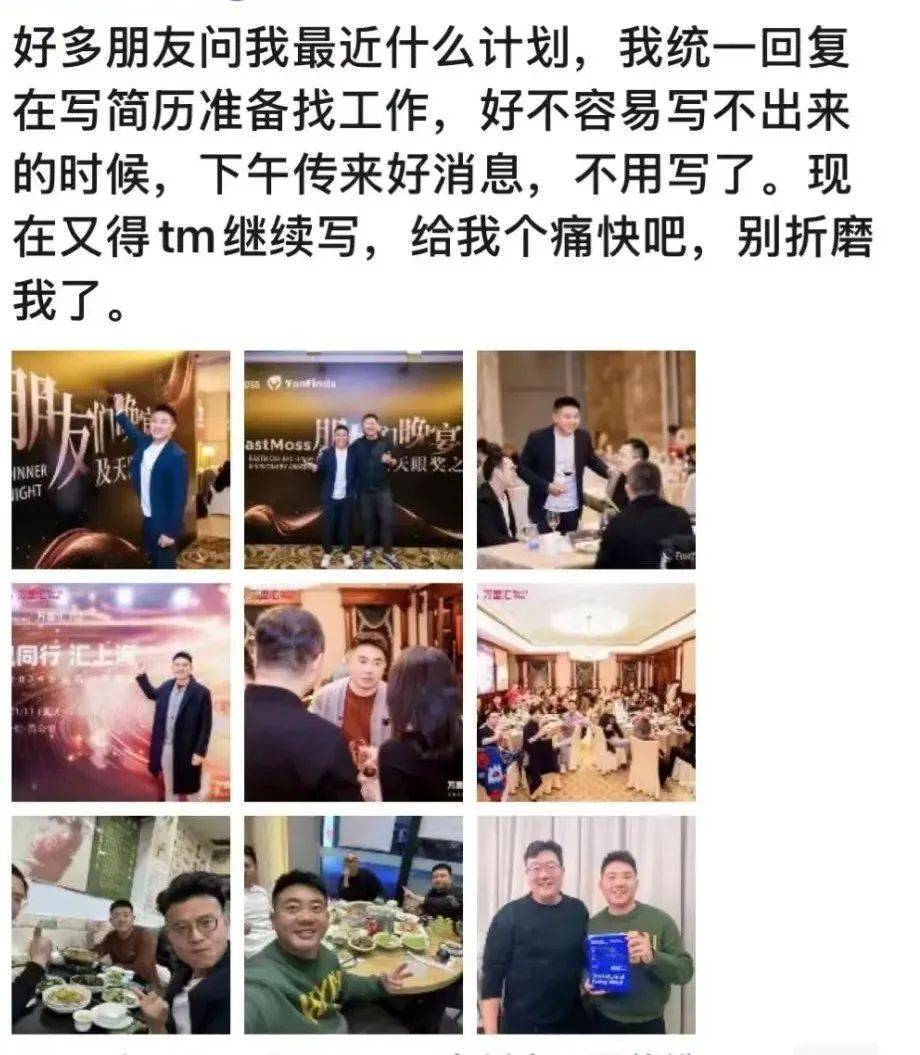
It was not until January 19, when Gu Jun flew to Shanghai to teach a class, that he saw TikTok's official push notification about the voluntary shutdown for the last time before going on stage. During his speech, he couldn't help but joke that he would start sending out resumes to look for a job.
At that time, Gu Jun actually hadn't made plans for the next step because it was Sunday in the US.
In fact, during the entire period of turmoil, the company's short video updates and live streaming e-commerce were progressing steadily, and there were no major changes in staff. However, due to the "repeated reversals" in TikTok's fate, the order volume during the turbulent period still decreased by 30% to 40%.
Fortunately, it only took 14 hours for TikTok to "resurrect" in the US, and Gu Jun's mind was finally at ease.
In communicating with the aforementioned players, we found that after this crisis, diversifying across multiple channels has become a consensus among TikTok players - not putting all eggs in one basket.
As early as a year ago, Gu Jun took action, diversifying into Amazon and physical stores in addition to TikTok. TikTok's contribution to the company's revenue has also dropped from 100% initially to less than 40%. "Besides uncertain events affecting TikTok, its daily traffic ecosystem is pulsatile, so we expanded into Amazon and offline physical stores with more stable order volumes," Gu Jun explained.
Tian Ning plans to prepare for live streaming e-commerce in the TikTok Spanish and Mexican markets in 2025. "As long as we prepare the anchors and connect with some local inventory, it's fine." In addition, Tian Ning also plans to prepare a personal brand for an independent station, saying, "With our own private domain platform, we can avoid platform risks."
Facing the turmoil, Nanfeng has already led her team to start offline transfers for influencers and will expand to more platforms in 2025, including Instagram, as well as the Mexican market.
Xia Lirong, a merchant who started laying out the TikTok US market in 2020, had a peak team size of over 100 people on TikTok. After several setbacks, his risk awareness has also increased significantly.
In August 2020, shortly after Xia Lirong started laying out the US market, then-President Trump signed an executive order requiring ByteDance to divest all its operating interests in the US within 90 days, ultimately leading to a significant decline in Xia Lirong's company's performance on the TikTok platform. By the end of 2020, he had to reluctantly lay off the entire TikTok team. It was not until 2023 that Xia Lirong's company re-entered the TikTok US market, but this time, he abandoned the aggressive service provider model and switched to a self-operated model. The current team consists of only 8 people, focusing on selling their own plush toys, with TikTok platform business accounting for less than 10% of the company's total revenue.
"We can attack when necessary and retreat when necessary, with small investments and the ability to turn around at any time," Xia Lirong told Finance Story Collection.
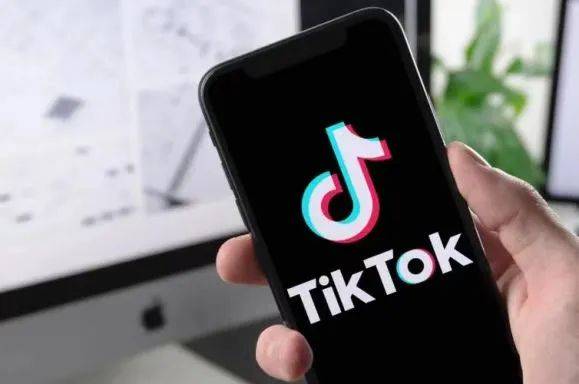
Despite the prevalent rumors surrounding its uncertain future, numerous interviewees remain optimistic about TikTok's prospects in the US market.
Xu Dingxin elaborated, "To capitalize on TikTok e-commerce, the US remains the prime destination due to its vast scale and lucrative profits. Other regions either fall short in size or offer meager returns. For instance, the UK market is too small, whereas the Southeast Asian market, though extensive, offers relatively low profits."
According to Tabcut's data, TikTok e-commerce achieved a global GMV of $32.6 billion in 2024. Notably, the US is TikTok e-commerce's largest market, contributing approximately $9 billion to the GMV, which accounts for nearly one-third of the total transactions.
Tian Ning also forecasted the next three trends for TikTok e-commerce in the US market.
Firstly, an increasing number of American influencers and even MCN agencies will leverage China's supply chain advantages to establish their own brands.
Alex, the founder of MCN agency MomentIQ, is the brains behind TikTok's top live streaming seller in the US, Stormi Steele, and the health supplement brand Goli.
While attending an event in Shenzhen this January, Alex informed Tian Ning of his plans to inspect supply chains during his stay in China, aiming to nurture his own brands. He asserted that the development of live streaming e-commerce in the US is comparable to that of China six or seven years ago, predicting that TikTok's live streaming sales in the US will skyrocket by 2025.
Secondly, as TikTok's live streaming sales continue to surge in the US, more American influencers and celebrities are entering the live streaming sales arena.
During Black Friday 2024, American rapper Nicki Minaj made her TikTok live streaming debut, attracting an audience of 3.6 million viewers. According to Fastmoss data, in 2024, there were seven TikTok live streaming sessions in the US with GMV exceeding $1 million. Tian Ning believes this marks a promising start for celebrities and influencers to engage in live streaming sales.
Thirdly, TikTok is emerging as an increasingly crucial platform for brands to reach young people. Data from British market research company YouGov reveals that compared to traditional e-commerce platforms like Amazon, American adults have a higher acceptance of social commerce, with nearly 48% of Gen Z consumers preferring to discover new products through TikTok.
To captivate young consumers, numerous American local brands and Amazon boutique brands have begun strategizing their presence on TikTok. For example, the health supplement brand Goli, which launched on TikTok in the US market in 2024, achieved monthly sales exceeding $10 million within just two months, becoming the top-selling health supplement brand on TikTok in the US.
Despite the lingering uncertainty surrounding TikTok's fate in the US, Chinese players venturing overseas remain undeterred, ready to brave the challenges ahead. (Nanfeng in the article is a pseudonym)







